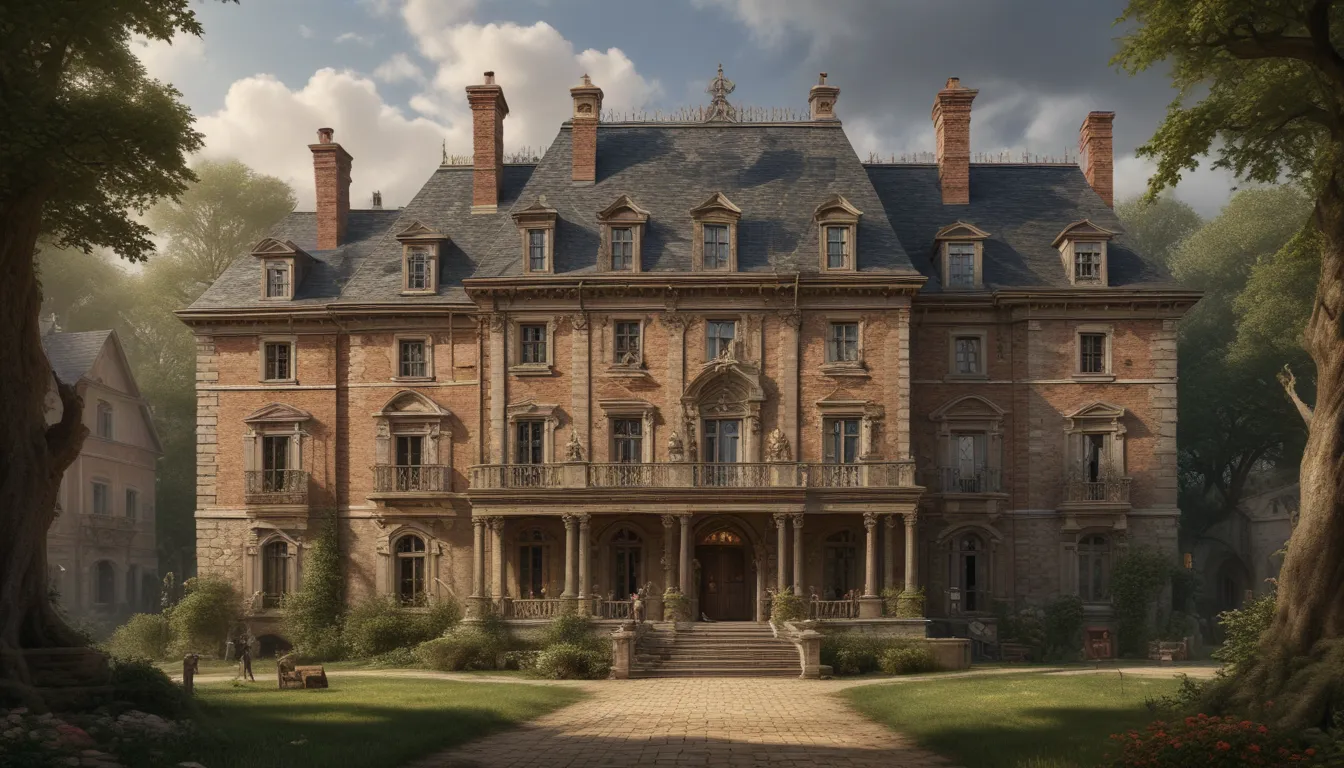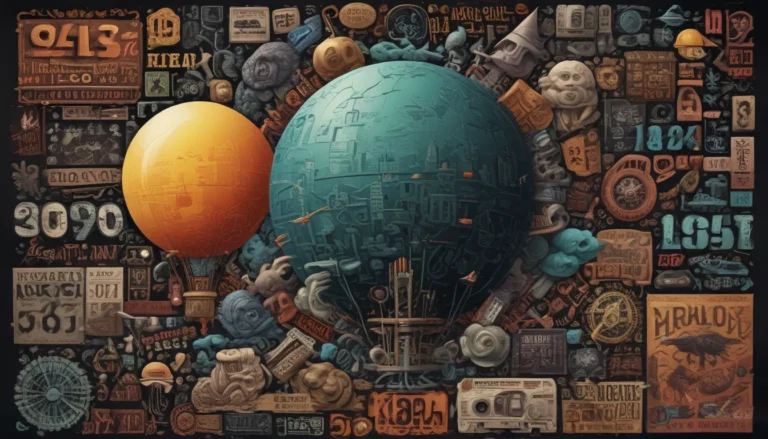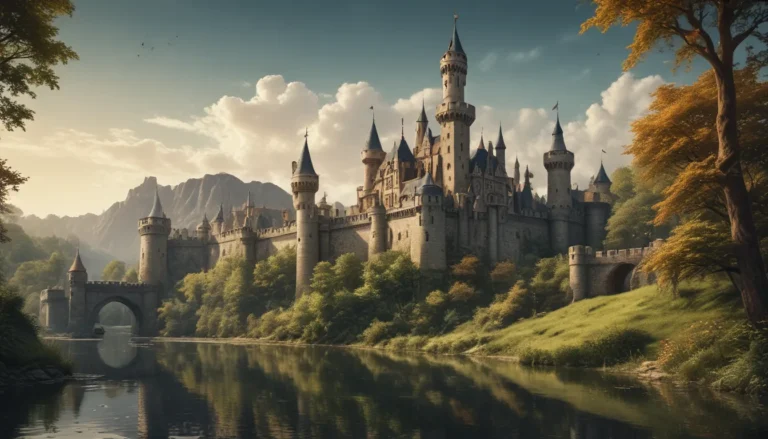The images in our articles may not match the content exactly. They are used to grab your attention, not to show the exact details in the text. The images complement the text but do not replace it.
Welcome to a journey into the captivating world of the House of Borgia, a family shrouded in ambition, scandal, and cultural influence. Originating from Spain and rising to power in Italy during the Renaissance, the Borgias left an indelible mark on history. Beyond the tales of corruption and controversy, this enigmatic family was also instrumental in shaping the political and artistic landscape of their time. Join us as we delve into 20 intriguing facts that illuminate the complexities and legacies of the Borgias, shedding light on their remarkable journey through history.
Unveiling the Origins of the Borgia Family
The roots of the Borgia family can be traced back to the Kingdom of Valencia in Spain, a diverse cultural hub that influenced their unique identity.
- The family’s original surname, Borja, underwent a transformation to Borgia upon their relocation to Italy, symbolizing their ascent in Italian society.
- Alfonso de Borja’s election as Pope Callixtus III in 1455 marked the family’s first significant leap into power, laying the foundation for future Borgia endeavors.
The Iconic Borgia Popes
Renowned for producing two Popes, the Borgias wielded their influence through controversial yet impactful leadership within the Catholic Church.
- Rodrigo Borgia’s tenure as Pope Alexander VI from 1492 to 1503 was marred by accusations of corruption and nepotism, challenging the traditional norms of the papacy.
- Pope Alexander VI’s open acknowledgment of his children blurred the lines between sacred and secular, sparking widespread controversy within both the church and society.
Unveiling the Enigmatic Borgia Children
Cesare and Lucrezia Borgia, the children of Rodrigo Borgia, emerged as central figures in the family’s complex narrative, steeped in mystery and intrigue.
- Cesare Borgia’s political prowess and ambition played a pivotal role in shaping Italian politics, inspiring Niccolò Machiavelli’s renowned work, “The Prince.”
- Lucrezia Borgia, often portrayed as a femme fatale, was, in reality, a patron of the arts and wielded considerable influence through strategic marital alliances.
The Magnitude of Borgia Power and Influence
The Borgias leveraged strategic marriages, military endeavors, and alliances to extend their power far beyond Italy’s borders.
- By forging alliances with Europe’s most prominent dynasties through marriage, the Borgias expanded their influence across the continent.
- Cesare Borgia’s military campaigns were instrumental in consolidating Papal States and bolstering the family’s territorial control.
An Enduring Legacy: The Impact of the Borgias
Despite their controversial reputation, the Borgias left an indelible imprint on the Renaissance era and the Catholic Church through their patronage and political maneuvers.
- The Borgia apartments in the Vatican, adorned with exquisite frescoes, stand as a testament to their contribution to the artistic landscape of the time.
- Their legacy lives on through the countless works of literature, theater, and film that continue to explore and immortalize the family’s intricate web of power and scandal.
The Decline and Fall of the Borgia Dynasty
Following Pope Alexander VI’s death in 1503, the Borgia family’s once-mighty reign began to crumble, marking the end of an era.
- Cesare Borgia’s military campaigns faltered post his father’s demise, leading to his capture and subsequent demise in 1507.
- Rival factions swiftly divided the family’s fortunes and territories, signaling the swift decline of the once-great Borgia dynasty.
The Borgia Family: An Enduring Enigma
Despite their fall from grace, the allure of the Borgias continues to captivate modern-day audiences, fueling ongoing historical research and creative interpretations.
- Recent historical inquiries challenge the sensationalized narratives surrounding the Borgias, suggesting a more nuanced perspective on their historical legacy.
- Through historical novels, TV series, and documentaries, the Borgias remain focal points of intrigue, embodying the complexities of power, family dynamics, and historical narratives.
In Conclusion: Embracing the Borgia Legacy
As we close the chapter on the House of Borgia, their tale serves as a poignant reminder of the intricacies and timeless allure of history’s most captivating families.
The Borgias’ journey, woven with threads of ambition, power, and humanity, urges us to delve deeper into the nuances of historical figures’ lives and legacies. Let us carry forward the lessons gleaned from their rise and fall, embracing the enduring intrigue of the House of Borgia and its lasting impact on the annals of history.






